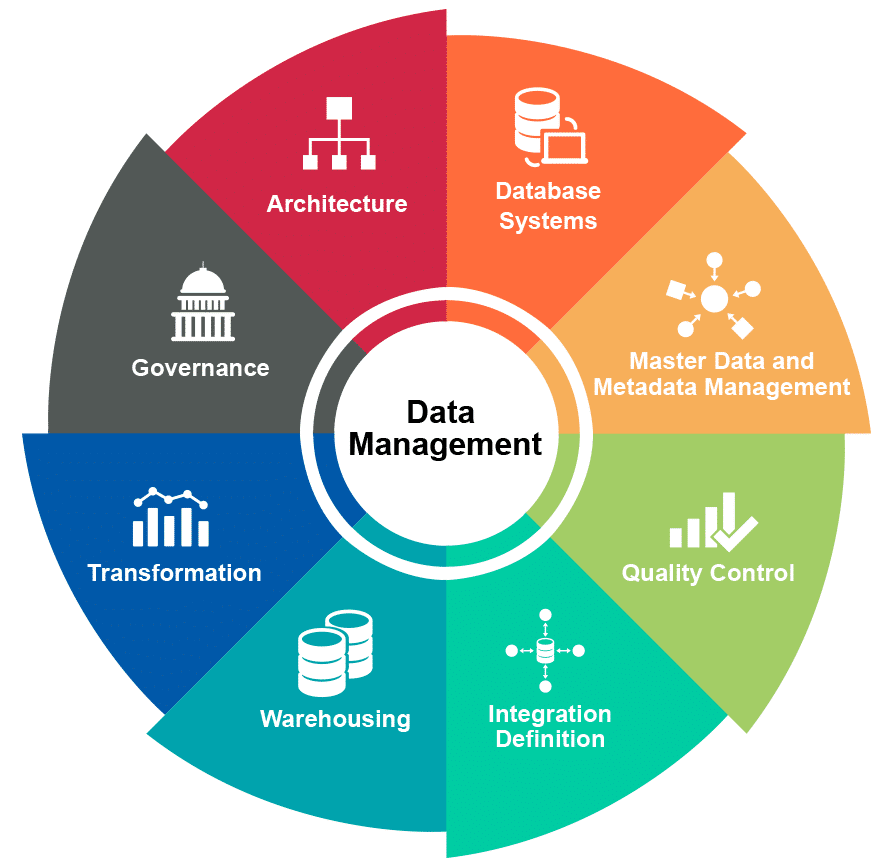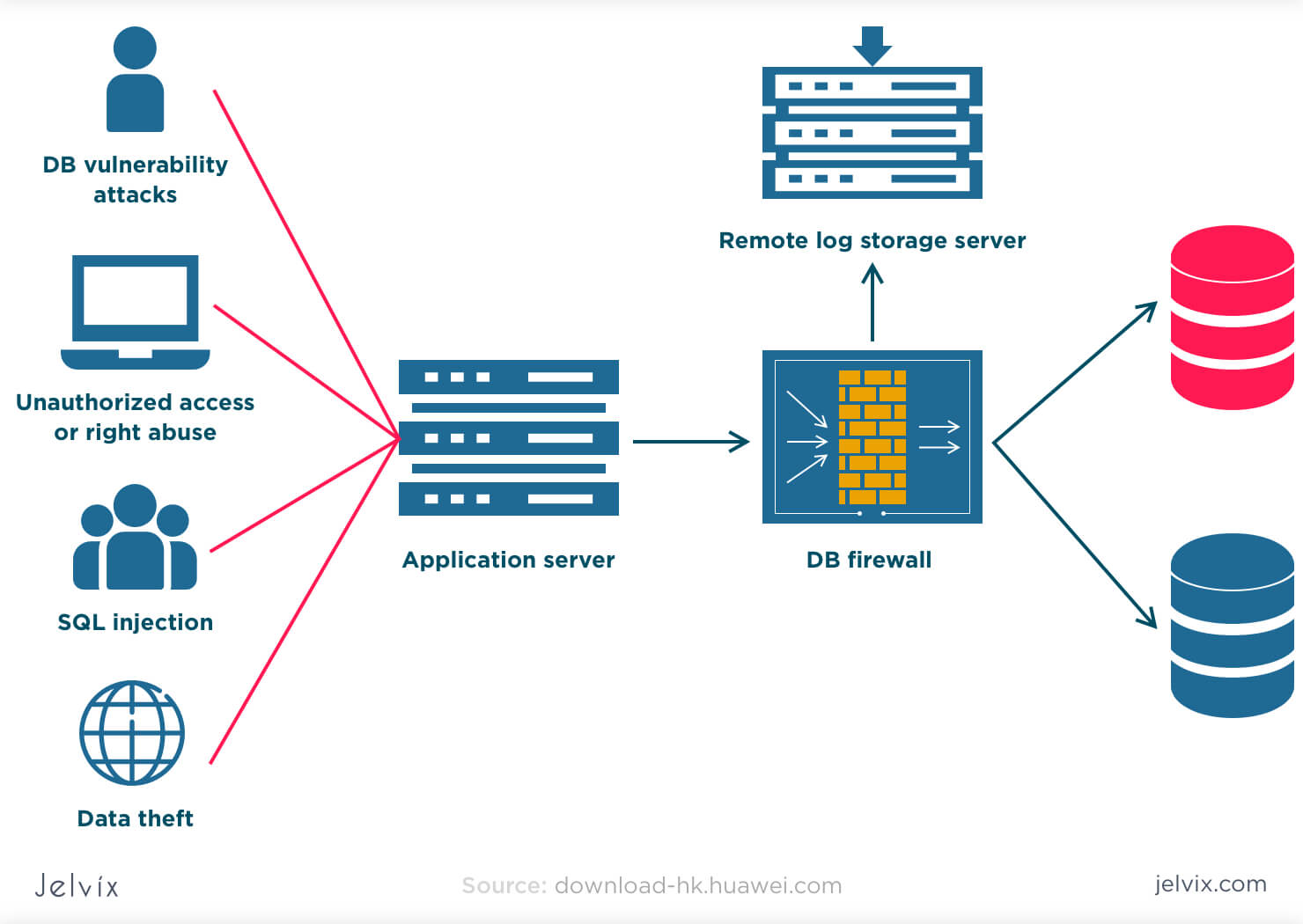Title: Unlocking the Power of Database Management in the Science and Technology Realm
In the world of science and technology, data is king. From astronomical observations to clinical trial results, scientists and engineers rely on accurate and organized data to drive innovation and discovery. This is where database management comes in, providing a powerful tool to store, access, and analyze large amounts of information.
In this blog post, we will explore the many benefits of database management in the science and technology realm, and provide tips on how to optimize your database for maximum efficiency.
1. Streamlining Data Entry and Retrieval
One of the primary benefits of database management is the ability to streamline data entry and retrieval. With the right database system in place, you can automate data entry, reducing the risk of errors and increasing productivity. Retrieval is also easier, as users can quickly search and filter through large amounts of data to find the information they need.
2. Enhancing Data Accuracy
Inaccurate data can be a serious problem in the science and technology realm, leading to flawed research and wasted resources. A well-designed database system can help maintain data accuracy by ensuring that data is entered correctly, that database rules are enforced, and that data is validated through automated processes.
3. Analyzing Data
One of the most powerful features of database management is the ability to analyze data. With the right tools in place, you can quickly generate reports, perform data analysis, and visualize trends and patterns in your data. This can be especially useful in scientific research, where analyzing large amounts of data can be a time-consuming and daunting task.
4. Protecting Data
Data protection is always a concern, especially in the science and technology realm where sensitive information is often stored. A good database management system can provide security measures such as backup and recovery, user authentication, and encryption to protect your data from unauthorized access.
5. Optimizing Database Performance
Finally, optimizing your database for maximum performance is critical for keeping your data accessible and usable. This can involve techniques such as indexing, partitioning, and optimizing queries to speed up data retrieval and processing.
In conclusion, database management is an essential tool for scientists and engineers who need to manage large amounts of data in a fast and efficient manner. By streamlining data entry and retrieval, enhancing data accuracy, analyzing data, protecting data, and optimizing database performance, you can unlock the power of your data and drive innovation and discovery in your field.
If you are interested in learning more about database management in the science and technology realm, don’t hesitate to contact us today. We can provide expert advice and support to help you get the most out of your data.











